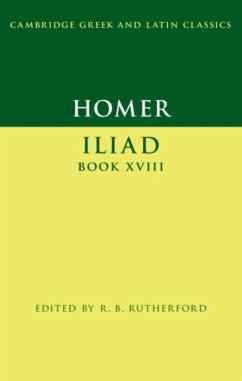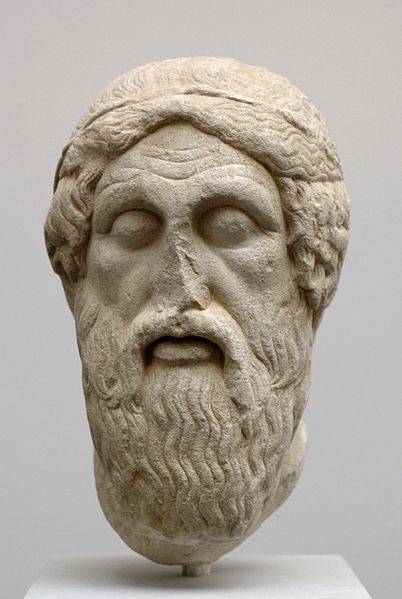Book 18 of the Iliad is an outstanding example of the range and power of Homeric epic. It describes the reaction of the hero Achilles to the death of his closest friend, and his decision to re-enter the conflict even though it means he will lose his own life. The book also includes the forging of the marvellous shield for the hero by the smith-god Hephaestus: the images on the shield are described by the poet in detail, and this description forms the archetypal ecphrasis, influential on many later writers. In an extensive introduction, R. B. Rutherford discusses the themes, style and legacy of the book. The commentary provides line-by-line guidance for readers at all levels, addressing linguistic detail and larger questions of interpretation. A substantial appendix considers the relation between Iliad 18 and the Babylonian Epic of Gilgamesh, which has been prominent in much recent discussion.
Dieser Download kann aus rechtlichen Gründen nur mit Rechnungsadresse in A, B, BG, CY, CZ, D, DK, EW, E, FIN, F, GR, HR, H, IRL, I, LT, L, LR, M, NL, PL, P, R, S, SLO, SK ausgeliefert werden.



